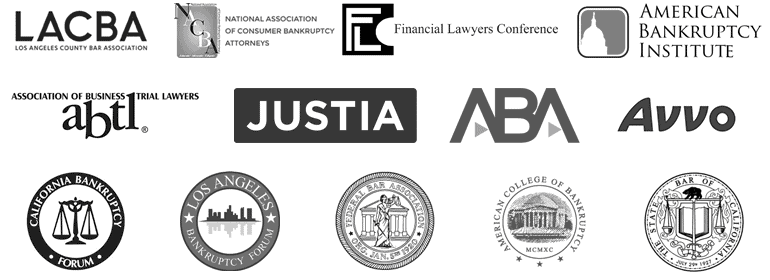AB 1775 – Wage Garnishments: Exempt Earnings. Increases the amount of wages protected from garnishment. Under existing law, the maximum amount of wages exempt from garnishment was the lesser of 25% of an individual’s weekly disposable earnings or 30 times the federal minimum hourly wage (i.e. 30 x $7.25). Under the new law, the maximum amount of wages exempt from garnishment will be the lesser of 25% of an individual’s weekly disposable earnings or 40 times the California minimum wage (40 x $8.00).
AB 1844 – Social Media Password Restrictions. Prohibits an employer from requiring or requesting an employee or applicant for employment to disclose a username or password for the purpose of accessing personal social media, to access personal social media in the presence of the employer, or to divulge any personal social media.
AB 1964 – Protection of Religious Dress and Behavior. An extension of the Fair Employment and Housing Act (FEHA), this bill includes religious dress or religious grooming practices as a belief or observance covered by the protections against religious discrimination. It specifies an accommodation of an individual’s religious dress or grooming practice that would require that person to be segregated from other employees is not considered a reasonable accommodation.
AB 2103 – Wage and Hour Overtime Laws. Prohibits paying a salary to non-exempt employees that includes compensation for overtime hours (this law was designed to overturn a 2011 court decision).
AB 2386 – Breastfeeding in the Workplace. This law amends the California Fair Employment and Housing Act to provide that the term “sex” includes breastfeeding or medical conditions related to breastfeeding an affords additional legal protections to women engaging in these activities.
AB 2396 – Employment of infants in the entertainment industry. This bill extends the current law which restricts the employment of infants in the entertainment industry, by requiring the completion and submission of a medical certification and approval before a temporary permit for the employment of the infant may be issued.
AB 2674 – Inspection of Employee Files. Under this expansion of the existing law, both current and former employees must be granted access to their employee files, employers must develop and provide written request forms upon the verbal request of an employee to view their files, and employers must provide copies to the employee within 30 days of the request, or face a penalty.
AB-2675 – Employment Contract Requirements. Employment contracts involving commissions as a method of payment must (1) be in writing; (2) set forth the method by which the commissions are required to be computed and paid; and (3) contain a singed receipt for the contract from each employee. AB 2675 clarifies that the term “commissions” does not include short-term productivity bonuses, temporary variable incentive payments that increase but do not decrease payment under the written contract, or bonus and profit-sharing plans, unless the employer has offered to pay a fixed percentage of sales or profits as compensation for work to be performed.
SB 1193 – Human Trafficking. This bill will require specified employers to post a notice that contains information related to slavery and human trafficking in a conspicuous area, readily visible to employees and the public.
SB 1255 – Itemized Wage Statements. This law restores and clarifies the itemized wage statement requirements of the Labor Code after several court decisions weakened the statute’s worker protections. This bill provides that an employee is deemed to suffer injury and is entitled to monetary compensation if the employer fails to provide accurate and complete information and the employee cannot promptly and easily determine from the wage statement alone all of the information required by the statute.
AB 1845 – Unemployment insurance: Overpayment and Penalties. This bill would provide that an employer’s reserve account is not relieved of charges relating to a benefit overpayment established on or after October 22, 2013, if the Employment Development Department determines that the payment was made because the employer, or an agent of the employer, was at fault for failing to respond timely or adequately to requests of the Department for information relating to the individual claim for unemployment compensation benefits.
AB 2370 & SB 1381 – Intellectual Disabilities. The term “Intellectual disability” will replace the outdated term “mental retardation” in statutes and regulations that contain this term.
SB 1038 – FEHC Duties Transferred to DFEH. This bill eliminates the California Fair Employment and Housing Commission (FEHC) and transfers the administrative hearing process and civil actions filed on behalf of a complainant directly to the Department of Fair Employment and Housing (DFEH). The biggest change is that the DFEH will now be able to bring complaints directly to court and require mandatory dispute resolution.

